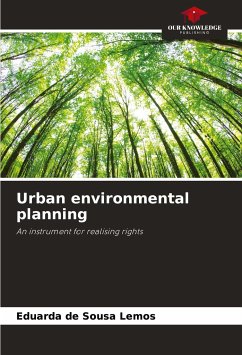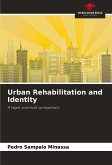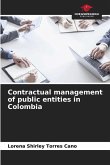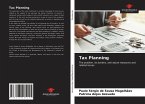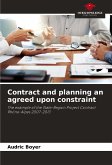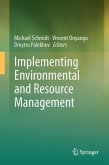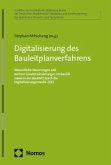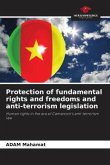Sustainable development requires new behaviours with regard to the environment, both in the natural and artificial spheres, with the aim of protecting the well-being of present and future generations. It is in this sense that international documents and Brazilian domestic legislation have altered the discipline of the environment and cities in order to guarantee the realisation of fundamental human rights. In this context, planning has become an essential democratic tool for public management, as it makes it possible to establish priorities, recognise local needs and provide solutions that are in line with the reality of each region, meeting the most essential needs of the population. Environmental planning and urban planning, by proposing solutions to the problems of environmental degradation and urban disorder, are indispensable instruments for realising the principle of human dignity and the fundamental and social rights guaranteed in the Brazilian Constitution of 1988.
Bitte wählen Sie Ihr Anliegen aus.
Rechnungen
Retourenschein anfordern
Bestellstatus
Storno

